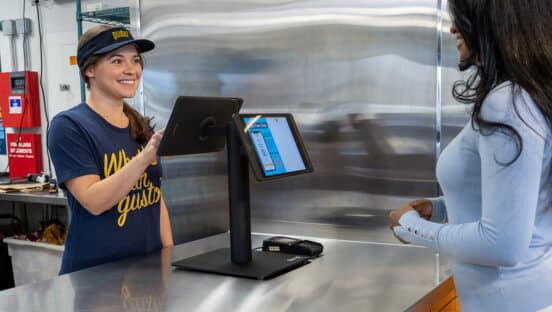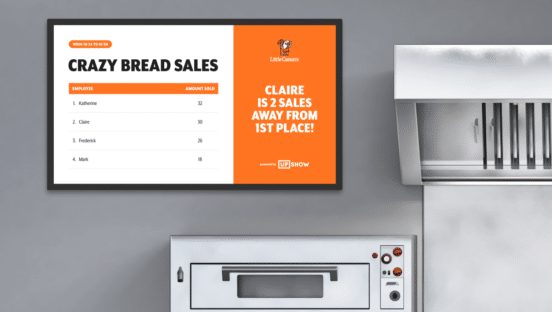All industries are being pushed towards integrating more software and hardware solutions than ever, making it even more important for brands to be thoughtful when considering their technology strategy. An ongoing discussion happening across all segments of the restaurant industry is whether to pursue a best-of-breed or all-in-one approach. An all-in-one approach is probably best suited for smaller chains with limited IT resources. But for mid-sized to large chains, a best-of-breed approach can solve challenges and distinguish their offerings from a crowded competitor marketplace.
“The concept of ‘best of breed’ has evolved over the years,” says Chris Lybeer, chief strategy and marketing officer at Revel Systems. “In the past, it mainly involved integrating key systems like loyalty programs and back-office operations. However, the recent explosion of technological innovations in the restaurant industry has expanded the definition of ‘best of breed.’ It now includes integrating various emerging technologies, such as AI, robotics, and advanced kitchen technology, to enhance efficiency and customer satisfaction.”
Fifty-two percent of quick-service restaurants are dissatisfied with the digital channels they offer, according to a 2023 survey by Incisiv. Digital channels are only one part of an increasingly complex problem that quick-service restaurants face. Finding a software partner that can create fewer obstacles to the advancing innovation and demands of customers through seamless integration of third-party ordering solutions is imperative to success.
“There’s such an explosion of technology going on and so many things happening in the restaurant space. If restaurants don’t have a flexible platform that is easy to work with and can be configured in different ways, then they are going to be in trouble,” Lybeer asserts.
Software platforms that partner with the restaurant industry can no longer afford to offer integration with only one or two systems like labor management and rewards programs. Now it is key to be able to easily work with new technologies. One of the best ways to do this is to use a platform that has an open API.
“Operators have to future-proof their restaurants by getting in a position to handle all the innovations. To get in a position to do that, operators need to have a platform running the transactions, and everything has to connect into a modern cloud-based, scalable, open API, modern, architecture platform,” Lybeer says. That is why Revel Systems’ platform integrates with more than 750 third-party vendors.
The larger a chain grows, the more complex its operations become and to ensure growth is sustainable, technology needs to be at the forefront. “Providing great service in the future is gonna be about having great tech, so employees are freed up to take care of customers and the kitchen is running itself,” Lybeer says. “Technology is not just about spreadsheets and efficiency in the back of the house; it’s about making the whole experience better for the customer.”
Partnering with a platform, like Revel Systems, ensures a restaurant can grow as a chain, manage customer satisfaction and expectations, and integrate future innovations that will continue to define the industry. Restaurants with a tech stack that easily works with other best-of-breed solutions will likely find themselves ahead of the pack, ready for even the most unforeseen marketplace shifts. Revel Systems is continuing its work to ensure clients can choose the best solutions, which is why the volume of API calls to the Revel platform is up 300 percent since 2014.
More consideration, than just the solution or product a company provides, is needed before deciding whether or not to partner with them. Especially considering a best-of-breed approach that includes managing a fair amount of complexity.
A company needs to focus on customer satisfaction, and that is what Revel prides itself on. “It is our people at the end of the day that truly differentiate us. That may sound cliche but Revel offers a level of service, especially for growing chains, that is unmatched in the industry today,” Lybeer says.
“We’re not a transactional seller,” Lybeer says. “We want to partner with our customers on this technology and innovation journey. Revel is not trying to sell it, install it, and then hardly talk to operators again. Revel wants to work with customers and help them through challenges. Our catchphrase is ‘the heart of your business,’ and we talk about being a people company, which is intentional. Operators need somebody to work with to ensure their technology strategy achieves their goals, and Revel is committed to making that happen.”
For more information on how Revel System can help visit their website.
By Ya’el McLoud














